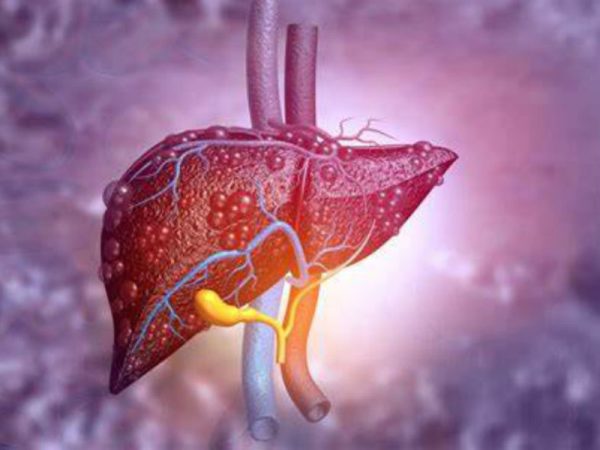A liver transplant is a procedure in which a sick or malfunctioning liver is replaced with all or part of a healthy liver that has been donated. Mostly a healthy liver comes from a deceased organ donor. And sometimes a living person in good health might donate a part of their liver. The donor might be a family member or someone whose blood group is an adequate match.

The most likely condition for a transplant is liver cirrhosis. Alcohol consumption, Hepatitis A, B, and C, and Non-Alcoholic Fatty Liver Disease are the main causes of cirrhosis (NAFLD).
You can understand whether you need a liver transplant or not via your Child-Turcotte-Pugh (CTP), Model for End-Stage Liver Disease (MELD) and Pediatric End-stage Liver Disease (PELD) score. You can consult our team to understand these scores and get a better understanding with personalized recommendations.
Given below are some of the major issues with liver transplants:
Every patient in need of a liver transplant must undergo a thorough assessment. When you are referred to the Liver Transplant Program by your specialist or a member of our team, the assessment phase begins.
To go ahead with a transplant, You must be diagnosed and recommended by our experts or be referred by your clinician to the Liver Transplant Program. Each and every patient goes through a preliminary assessment after which a decision is reached for the transplantation process. A detailed analysis of your personal, medical, and family history is compiled through the process. The aim is to achieve :
Moreover, you’ll get information that will assist you in deciding whether you want to proceed with the transplant.
Consultations with the transplant team, which consists of a hepatologist, transplant surgeon, clinical coordinator, social worker, dietitian, and psychologist, are routine assessments. Appointments with experts from other fields are also made as needed.
There will be a need for constant monitoring after surgery for infections and liver rejection. You will also need to take a number of medications to guard against rejection and common infections following your transplant.
We are available 7 days a week and have specific clinic hours with all doctors on staff. Outside of normal clinic hours you can receive an on call Doctor or Nurse at your nearby hospital if needed.